Week in OSINT #2024-26
This week a filled episode, with books and bookmarks, names and Needlestack, training and tweets!
This week I spend some extra time to go over social media tracking down all the good stuff out there, and it was quite a lot! I learned a lot again, due to all the tips that people shared online with the community, which is the best thing about open source investigations: A lot of times, the tips and techniques are also 'open source'! That also means that if you put your heart in it, and spend enough time, you don't need any courses to become an OSINT practitioner, like me. On the other hand, that also means that getting some sort of certificate, if you ever desire one, means spending quite some money on a mandatory training program that hardly contain any new information. But knowledge and experience, is always more worth than a piece of paper! Talking about knowledge, it is time to learn some more things today, so grab that coffee or whatever beverage you prefer, and go over this week's topics:
- Whoisboard
- Stu's Bookmarks
- Deleted Tweets
- Needlestack With Nixintel
- OSINT Guidelines
- Digital Sherlocks
- OSINT books
Site: Whoisboard
The name of this tool might seem slightly misleading, since it has nothing to do with a "whois" command, diving into the registration details of a domain name. This tool has a collection of first names, and names that look very similar to it. Whenever you are doing research on a name that you only heard on audio, or you are looking at different ways that people write their names in a different country, then this tool will help you by creating a list of names that are derivatives of your search. This was shared privately with me by someone I know, but who doesn't use social media.
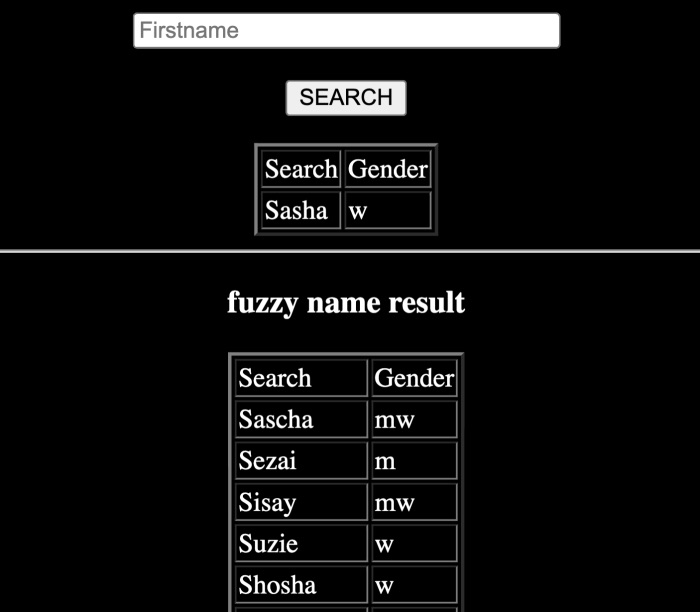
Link: https://whoisboard.de/
Links: Stu's Bookmarks
Going over some old DMs I stumbled upon some info from about 3,5 years ago, about the V3nari virtual machine by the Many Hats Club. The VM might not be maintained any more, but the list with bookmarks are still there! Not only that, the start.me pages of CyberSecStu [ ] are a great collection of useful sites, tools and news!
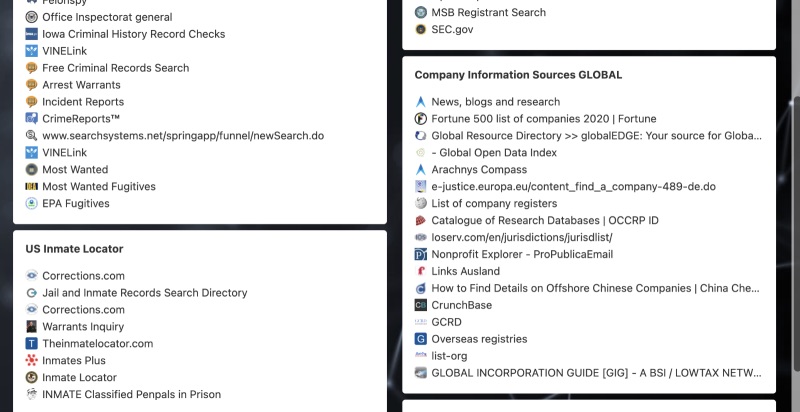
Link: https://start.me/p/X25Amj/...
Site: Deleted Tweets
Henk van Ess [ ] created, well, Claude AI created a tool that can help you look for deleted tweets. By submitting a URL of a profile or a specific tweet, it created the URL needed to look at third party platforms to find possible cached or saved results. Several archive sites are implemented, but also cached results from Yandex or Bing are available. A very helpful online tool for people that might struggle to find deleted content, that might still be out there.
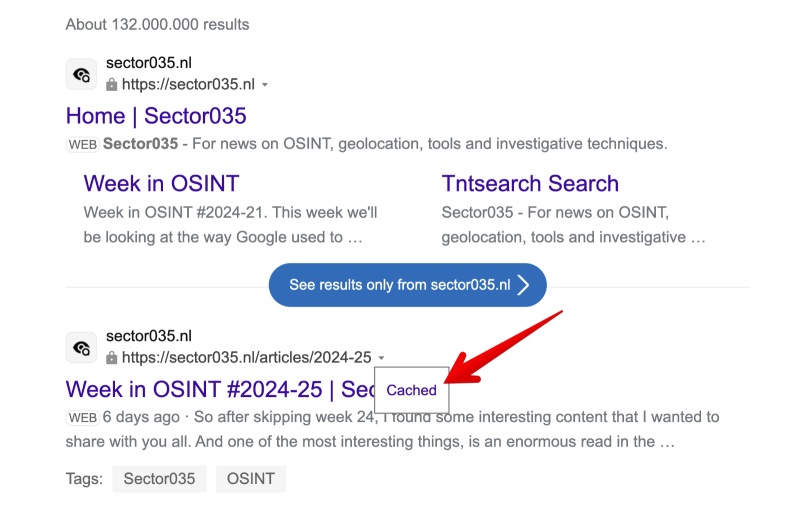
Link: https://cache.digitaldigging.org/
Media: Needlestack With Nixintel
This week, I've got another NeedleStack [ ] episode for you, and this time Steven 'Nixintel' Harris [ ] is a guest. And this time, they talk about Telegram, why it is popular with people operating on the darker side of society, how it is helpful for cyber threat intelligence, and why it is difficult for law enforcement to gain information. But Steven also goes over the importance of investigative techniques, and touches on different types of bias.
Link: https://pod.link/1600516532/...
Site: OSINT Guidelines
I didn't know about ObSINT [], or the European Open Source Intelligence Organisations Observatory, and their published guidelines until recently. It is a collective of fact checking organisations that, in their own words: "aim to promote good practices and ethical standards in OSINT, ensuring that our findings are objective, verifiable, and relevant to the public interest." Last year they also published their guidelines, where they highlight their principles, methodology, the reporting and general practices. The guidelines don't delve into details, but are a great reference for any organisation in my opinion.
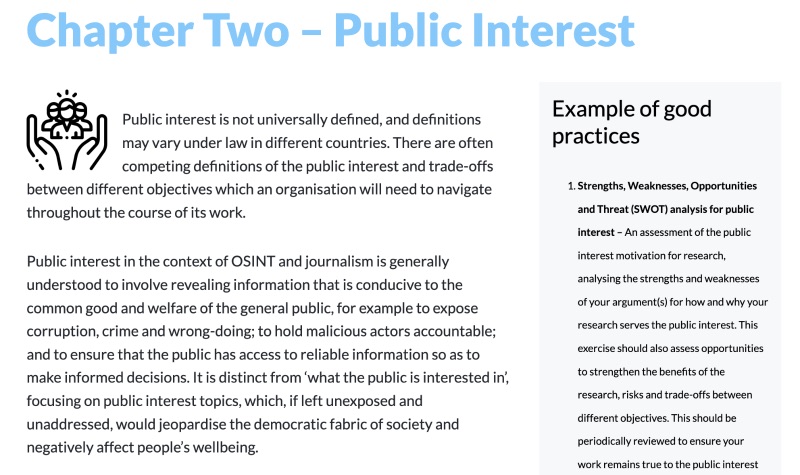
Link: https://obsint.eu/guidelines-...
Training: Digital Sherlocks
In 2020 the 360/Digital Sherlocks program was launched by DFRLab [ ], and this year there is another opportunity for students, academics or others that are currently monitoring information, disinformation or are in the field of fact-checking, to attend their training. By filling in their online form by July 5, you can show interest in attending their free training later this year.

Info: https://dfrlab.org/digital-sherlocks/
Form: https://form.jotform.com/241615280405146
Tip: OSINT books
Aware Online [ ] has updated their collection of OSINT books, so if you are in need of a good read, or are looking for more information on the subject of open source investigations, then this is a great page to check out! All book covers contain a link to Amazon.com, but you can easily look up the article from your local Amazon webstore, by copying the value after /dp/ in the URL, and simply search for it in any Amazon webstore.
Talking about searching on Amazon, if you want to check the availability of more than one book in your local Amazon, then search several items by separating them with the vertical bar |, the universal symbol for the OR operand.
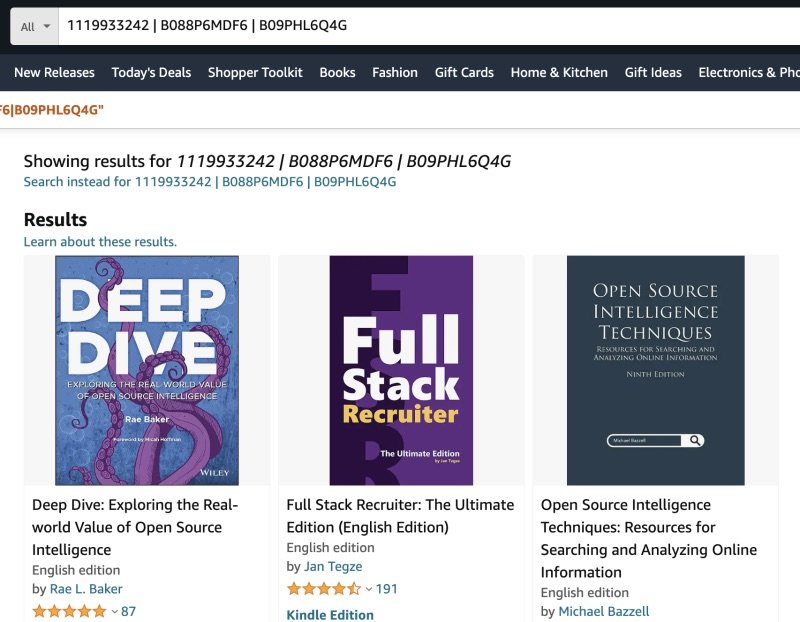
Another operator you can use to search in Amazon, is the minus - symbol to exclude words, which isn't working perfect, but items with the excluded word or number are pushed more towards the end. And the last tip: Searching for things within double quotation marks, like Google, will look for exact matches of a certain phrase and list them at the top of your search results.
Link: https://www.aware-online.com/en/osint-books/
FUNINT: This Week's Meme
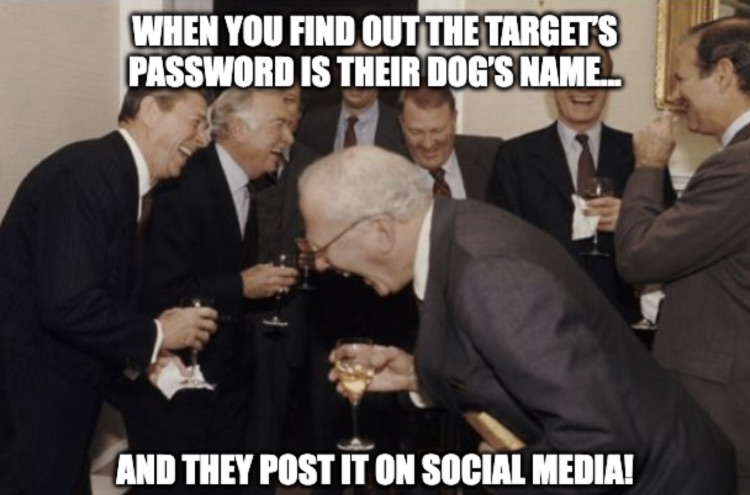
Have a good week and have a good search!
